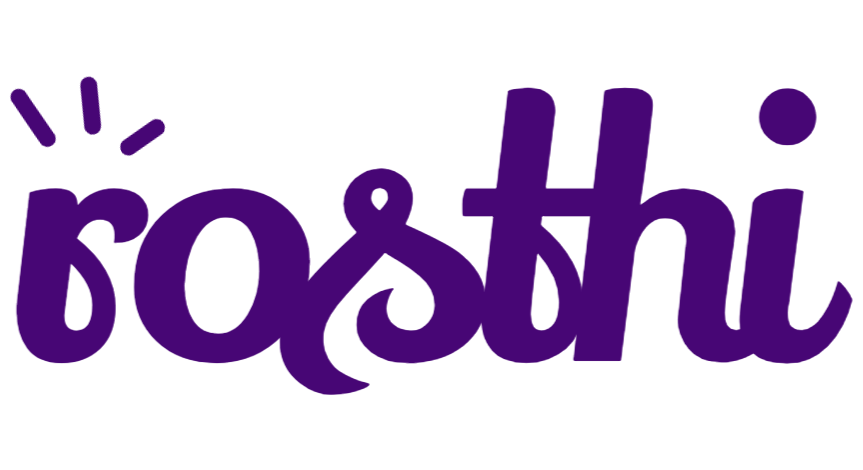Are you ready to dive into the world of file transfer protocols? 🌐 Today, we're exploring the key differences between the traditional FTP (File Transfer Protocol) and its secure counterpart, SFTP (SSH File Transfer Protocol). Whether you’re a tech enthusiast or a casual user looking to optimize your file transfers, understanding these protocols is essential. So, let's break it down!
Security
When it comes to security, FTP is like an open book! It transfers data in plain text, which means anyone snooping on the network can easily access sensitive information. 😱 This lack of encryption makes it vulnerable to various attacks, putting your data at risk.
On the flip side, SFTP is the knight in shining armor! ⚔️ It utilizes the SSH protocol to encrypt the data during transmission, providing a much higher level of security. If you're handling sensitive or confidential data, SFTP is undoubtedly the way to go!
Port Usage
Next, let’s talk about port usage. FTP operates on the standard port 21, which has been a go-to for ages. 🕰️ However, this can sometimes complicate things with firewalls. On the other hand, SFTP utilizes port 22, aligning with the SSH protocol. This single port structure makes SFTP firewall-friendly and easier to manage.
Data Transfer Method
Let's dive into how these protocols transfer data. FTP relies on two channels: a command channel and a data channel. This dual-channel setup can sometimes lead to complications with firewalls, traffic management, and performance.
SFTP, meanwhile, is a bit sleeker! It transfers data over a single channel, simplifying the process and enhancing overall performance. 🚀 This streamlined approach makes SFTP a robust choice for modern data transfer needs.
Firewall Friendliness
As we mentioned earlier, SFTP’s single port usage not only simplifies configuration but also boosts security, making it much more firewall-friendly. Firewall admins appreciate SFTP because it’s easier to manage and control, which can lead to enhanced security for your network. 💪
Speed
Now, here’s a fun fact: FTP can sometimes offer faster transfer speeds compared to SFTP! Why? Because it doesn’t waste time encrypting data. However, in many cases, the speed difference may be negligible, and the security benefits of SFTP often outweigh any speed advantages FTP might have.
Compatibility
Lastly, let’s touch on compatibility. FTP has been around for ages! 🔄 This longevity means it plays well with a wide variety of client programs and operating systems. In contrast, SFTP is a newer protocol but is still compatible with most modern systems you’ll encounter today.
In conclusion, the choice between FTP and SFTP ultimately depends on your needs. If security is your top priority, go for SFTP! 🛡️ But if you're dealing with standard file transfers and need speed, FTP might just do the trick. However, with the increasing emphasis on security in today’s digital landscape, SFTP is the recommended choice for most situations. Happy transferring! 📁💖



